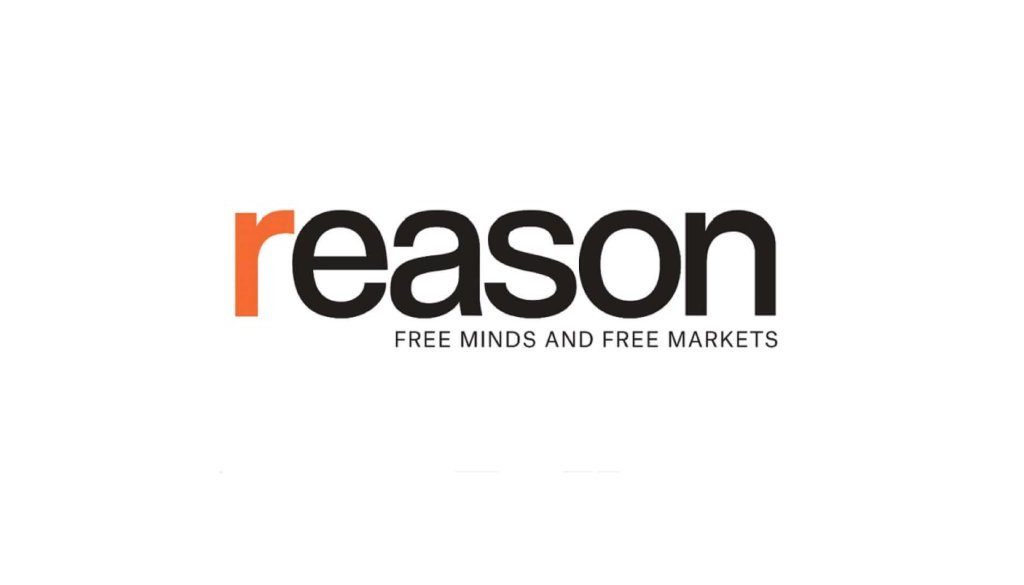How Charlie Rangel Changed His Mind About the War on Drugs
It “seemed like a good idea at the time,” Charlie Rangel remarked in 2021, referring to the draconian drug penalties he supported as a New York congressman in the 1980s. “Clearly, it was overkill.”
Rangel, who died on Monday at the age of 94, came to that conclusion after enthusiastically supporting the war on drugs for decades, going so far as to criticize Republicans as soft on the issue. His transformation from a zealous prohibitionist into a drug policy reformer reflected his recognition of the human costs inflicted by heavy-handed criminalization.
A former federal prosecutor who was first elected to Congress in 1970, Rangel was a founding member of the Congressional Black Caucus who represented Harlem in the House until 2017. He played a leading role in drug policy as a member of the House Select Committee on Narcotics Abuse and Control, which he chaired from 1983 to 1993.
“Even though the administration claims to have declared a war on drugs, the only evidence we find of this war [is] the casualties,” Rangel complained in June 1986, a week after the cocaine-related death of Len Bias, a star University of Maryland basketball player who had just been drafted by the Boston Celtics. “If indeed a war has been declared, I asked the question, ‘When was the last time we heard a statement in support of this war from our commander in chief?'”
A few months after Rangel demanded action, Congress approved the Anti-Drug Abuse Act of 1986, which established mandatory mi
Article from Reason.com

The Reason Magazine website is a go-to destination for libertarians seeking cogent analysis, investigative reporting, and thought-provoking commentary. Championing the principles of individual freedom, limited government, and free markets, the site offers a diverse range of articles, videos, and podcasts that challenge conventional wisdom and advocate for libertarian solutions. Whether you’re interested in politics, culture, or technology, Reason provides a unique lens that prioritizes liberty and rational discourse. It’s an essential resource for those who value critical thinking and nuanced debate in the pursuit of a freer society.




